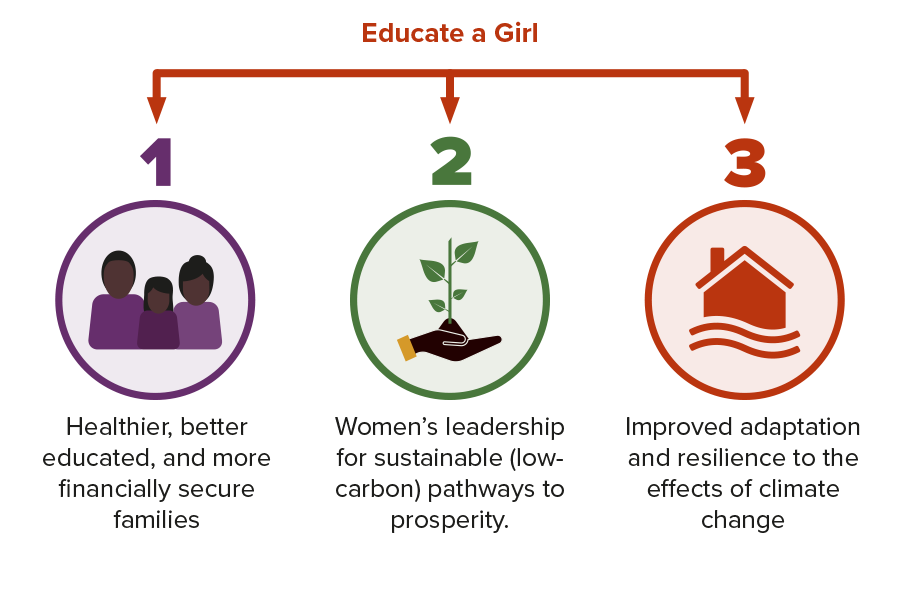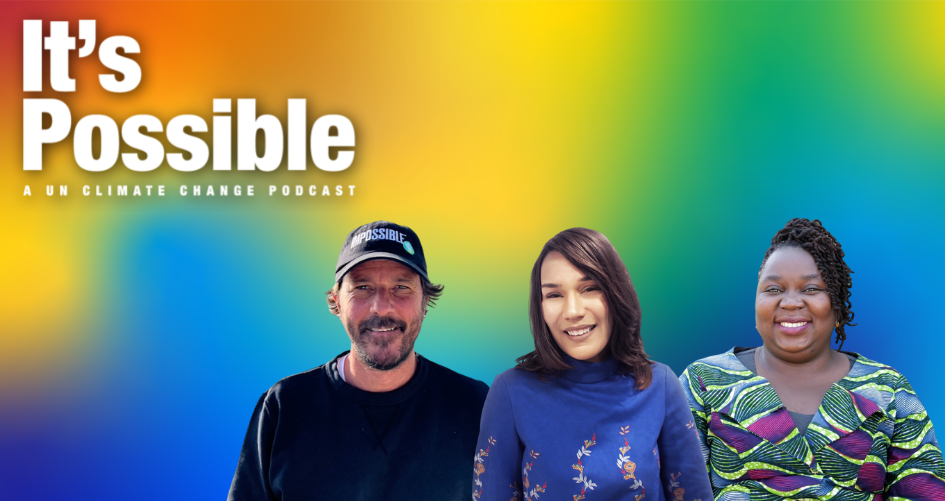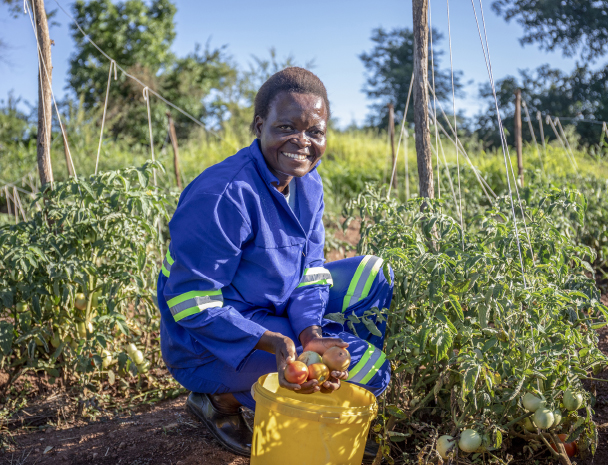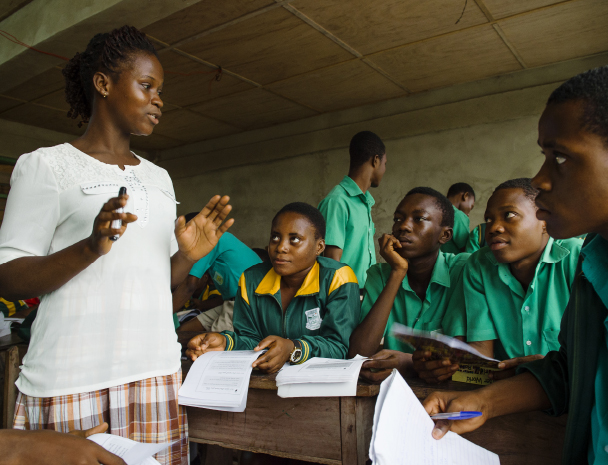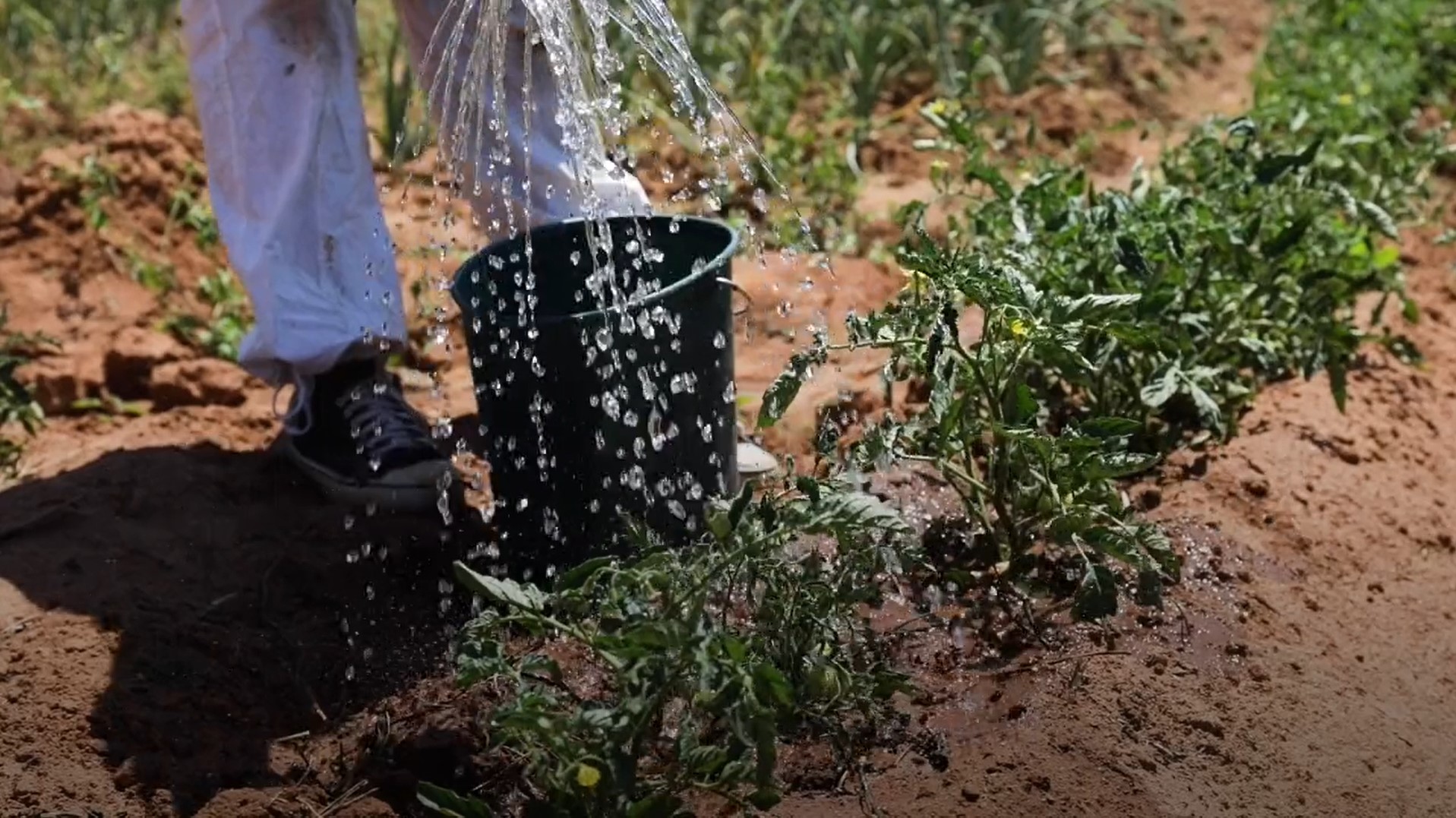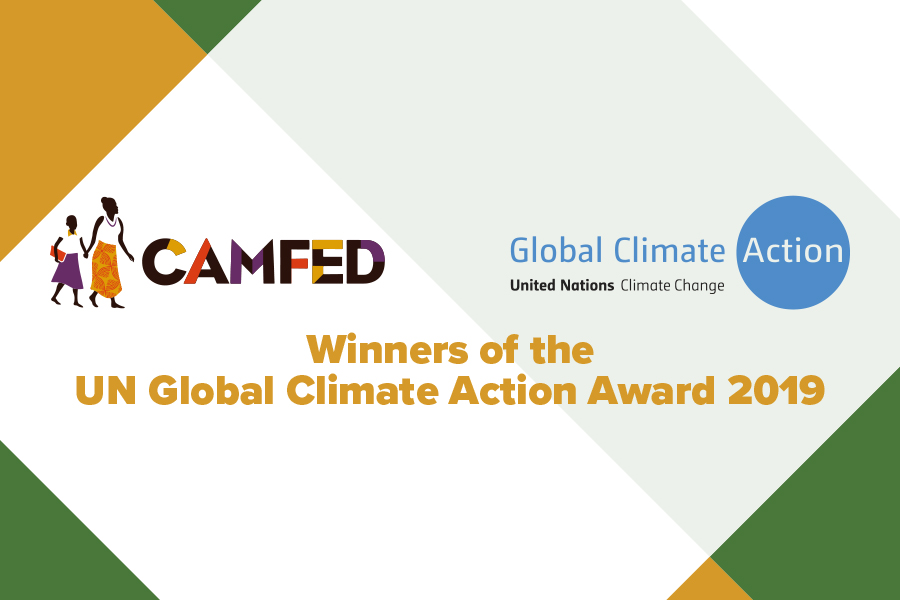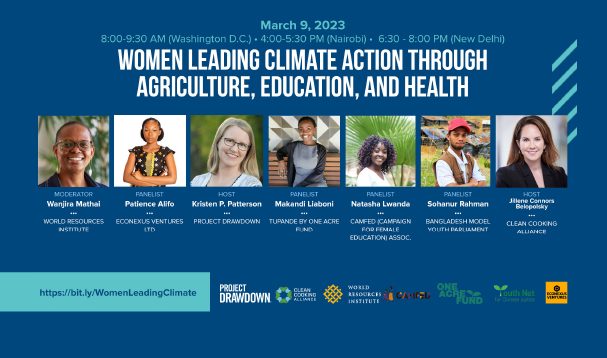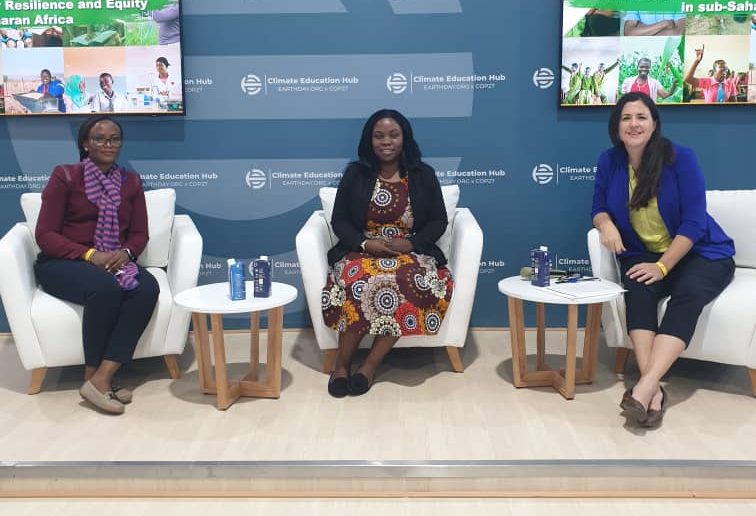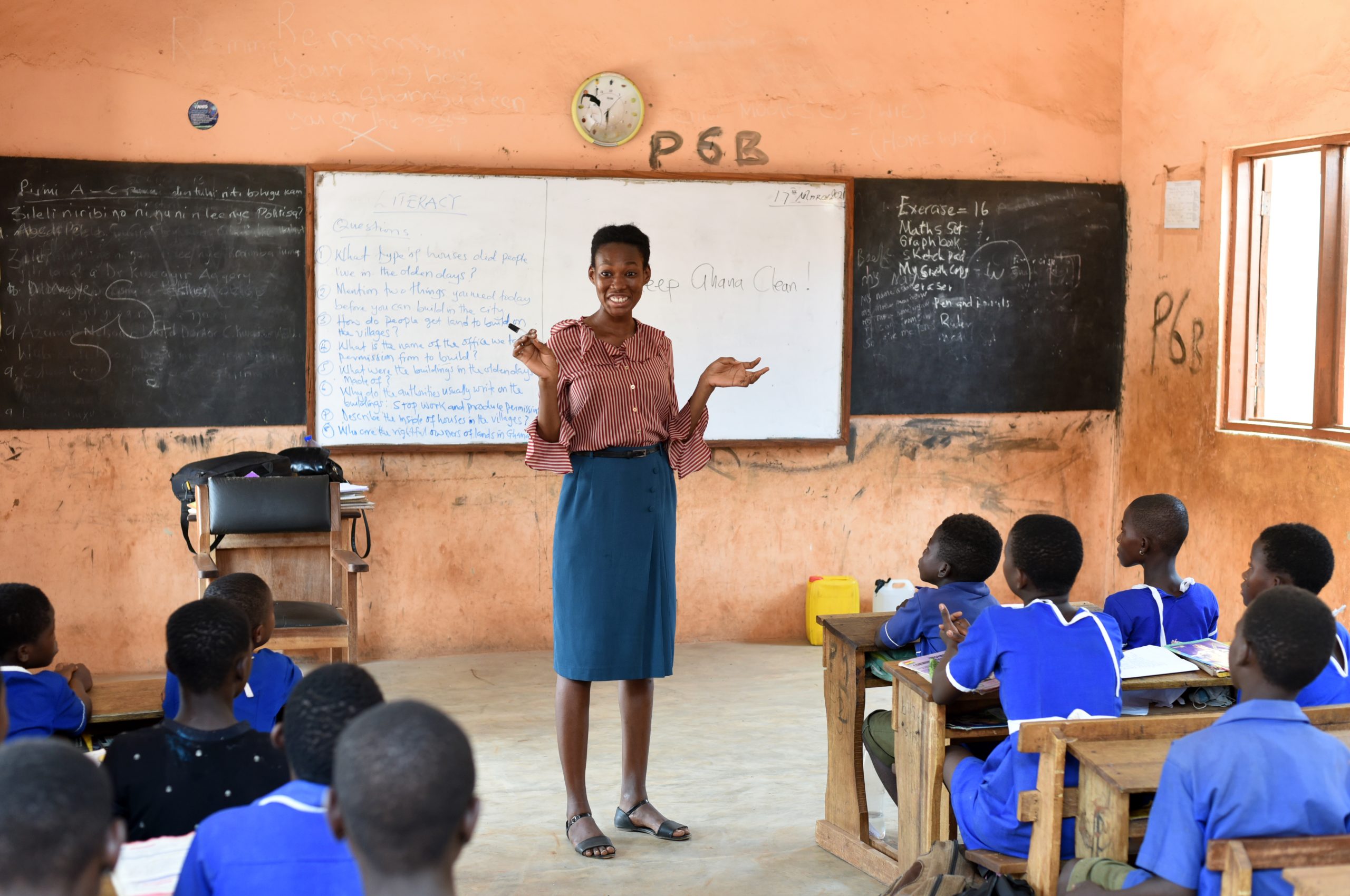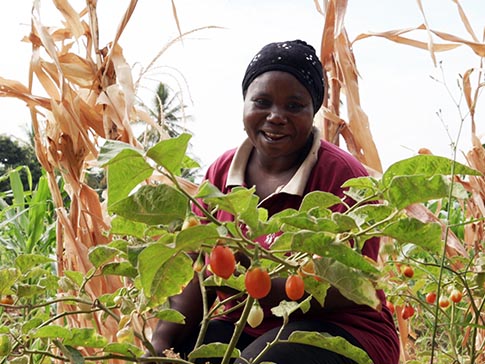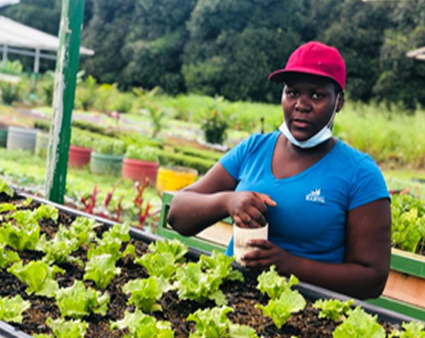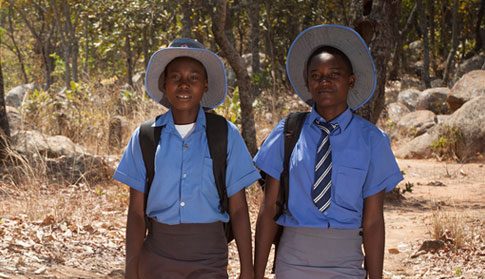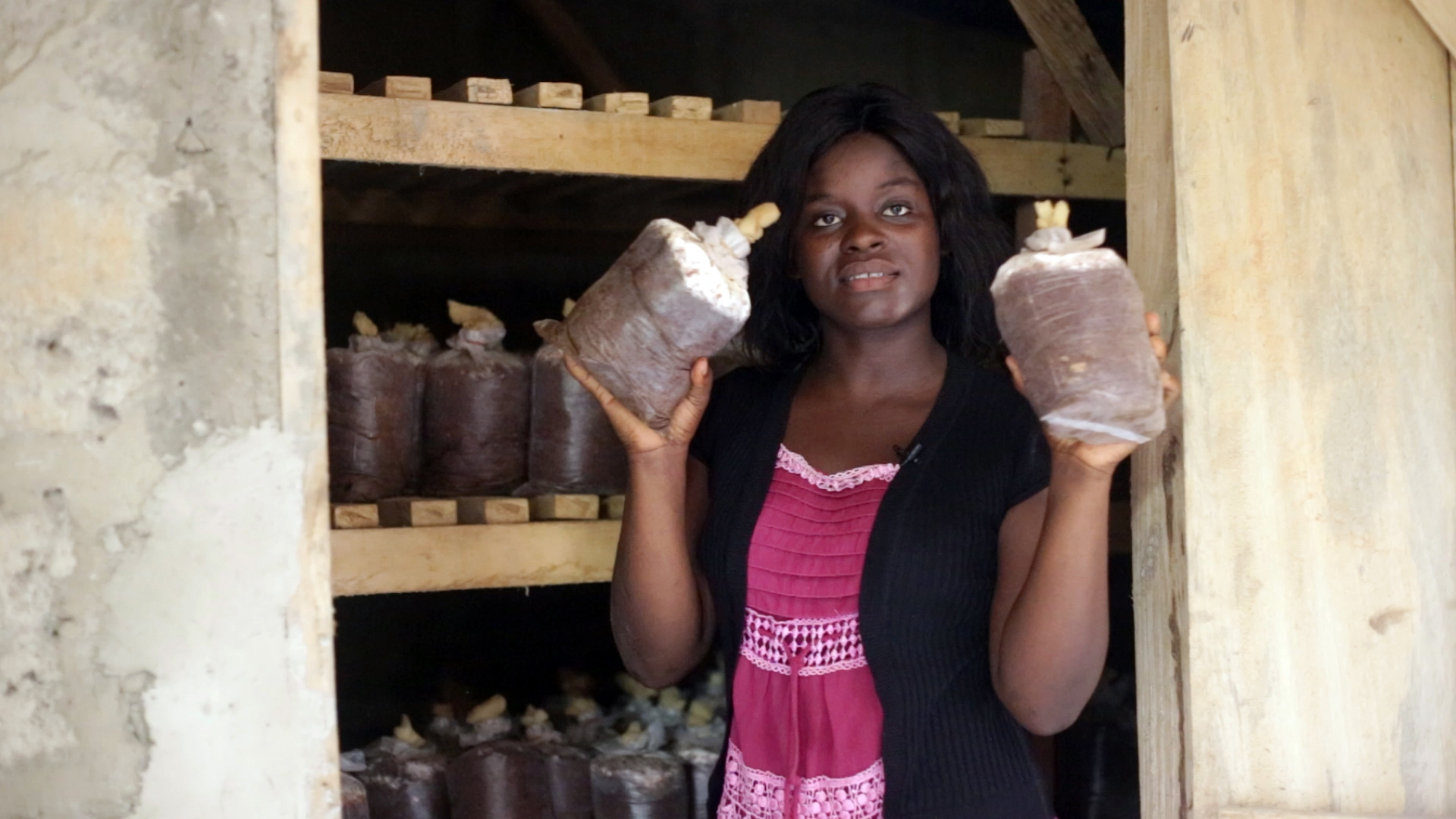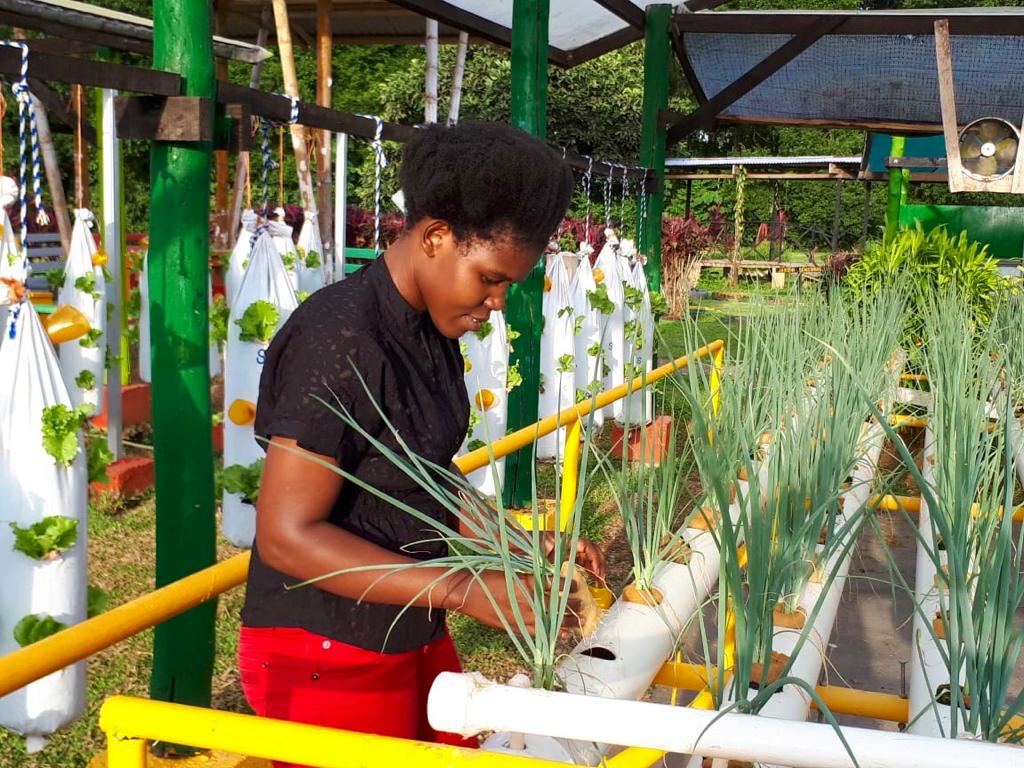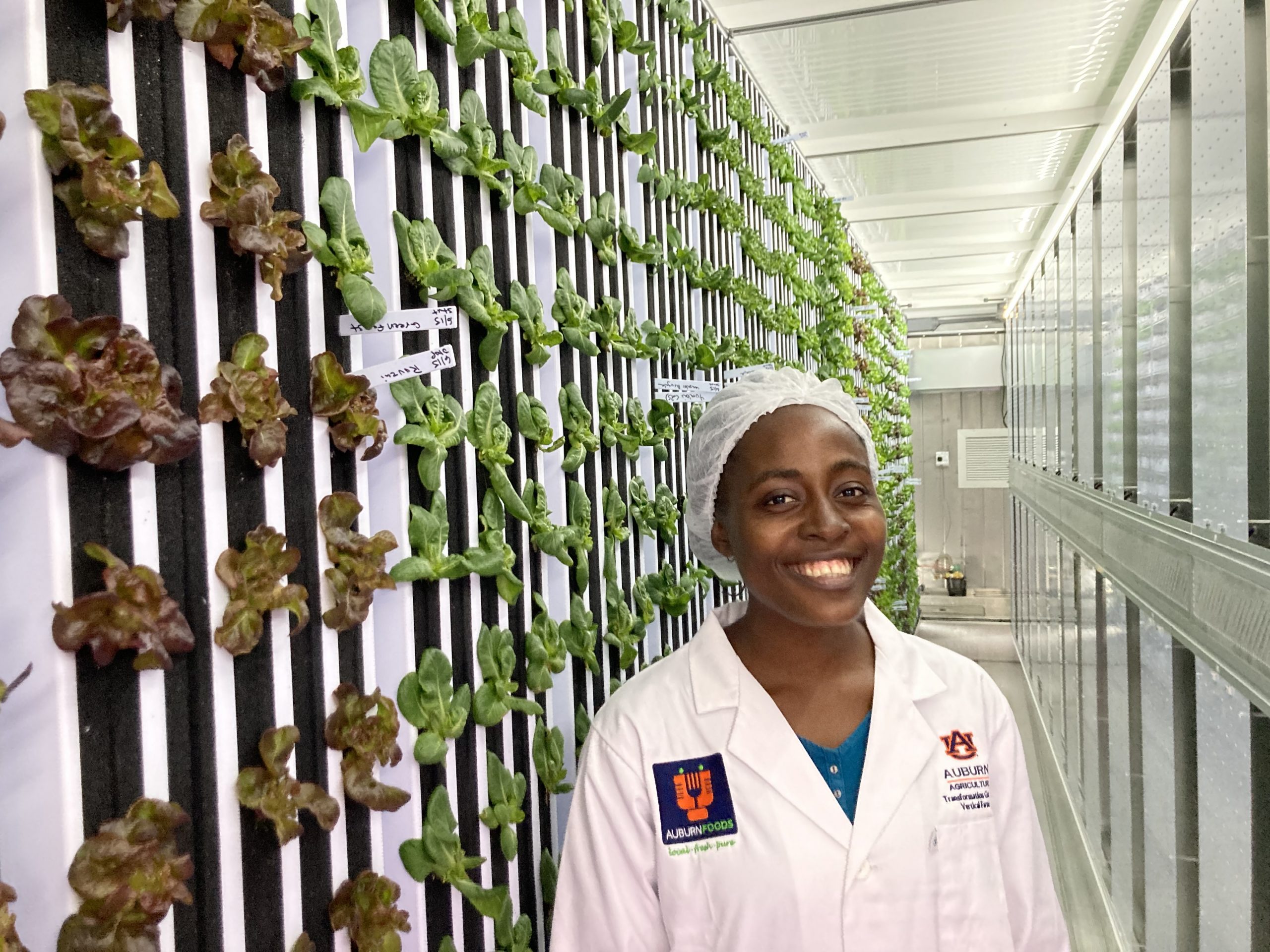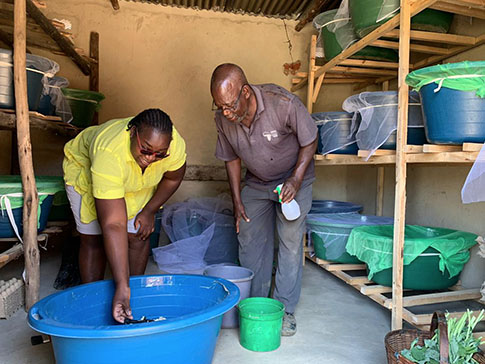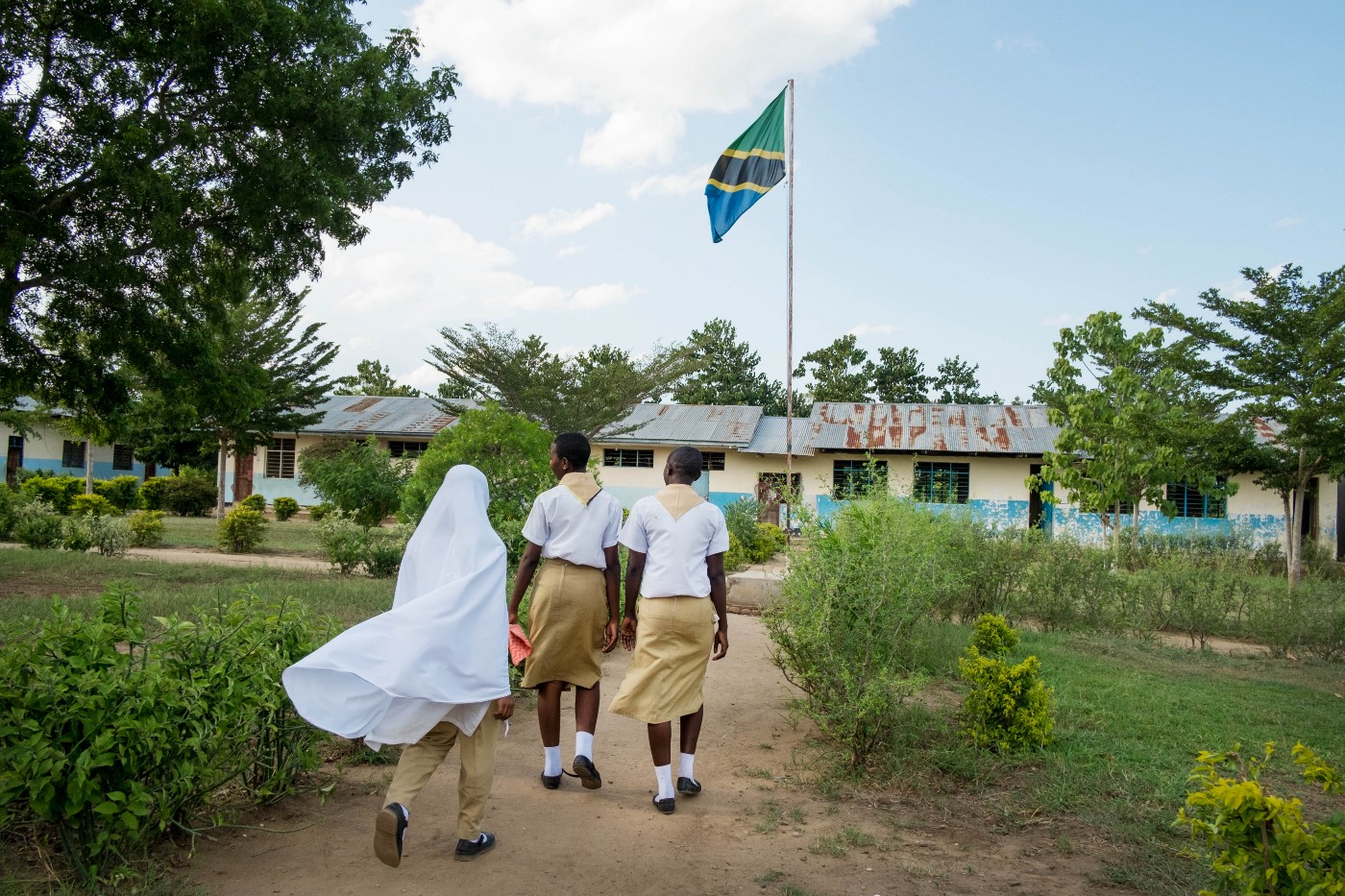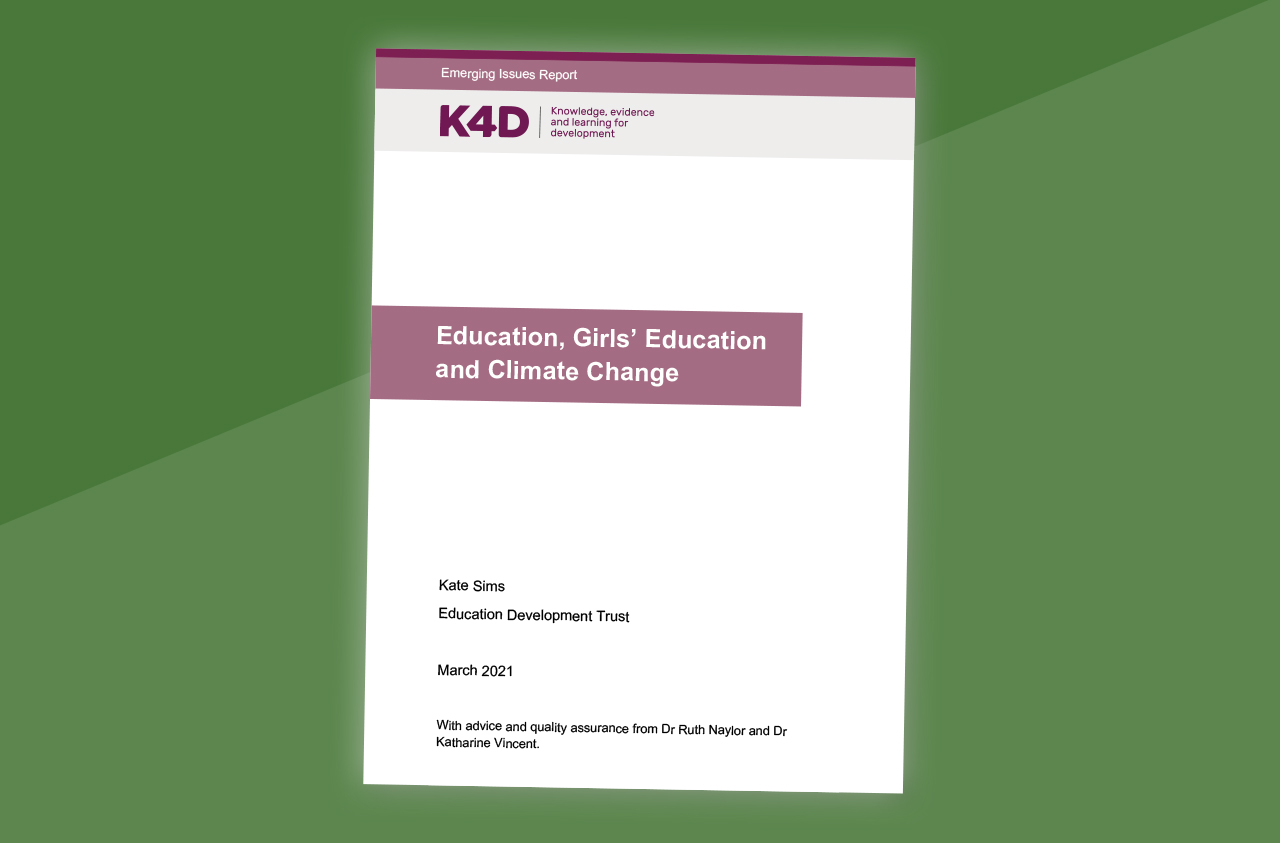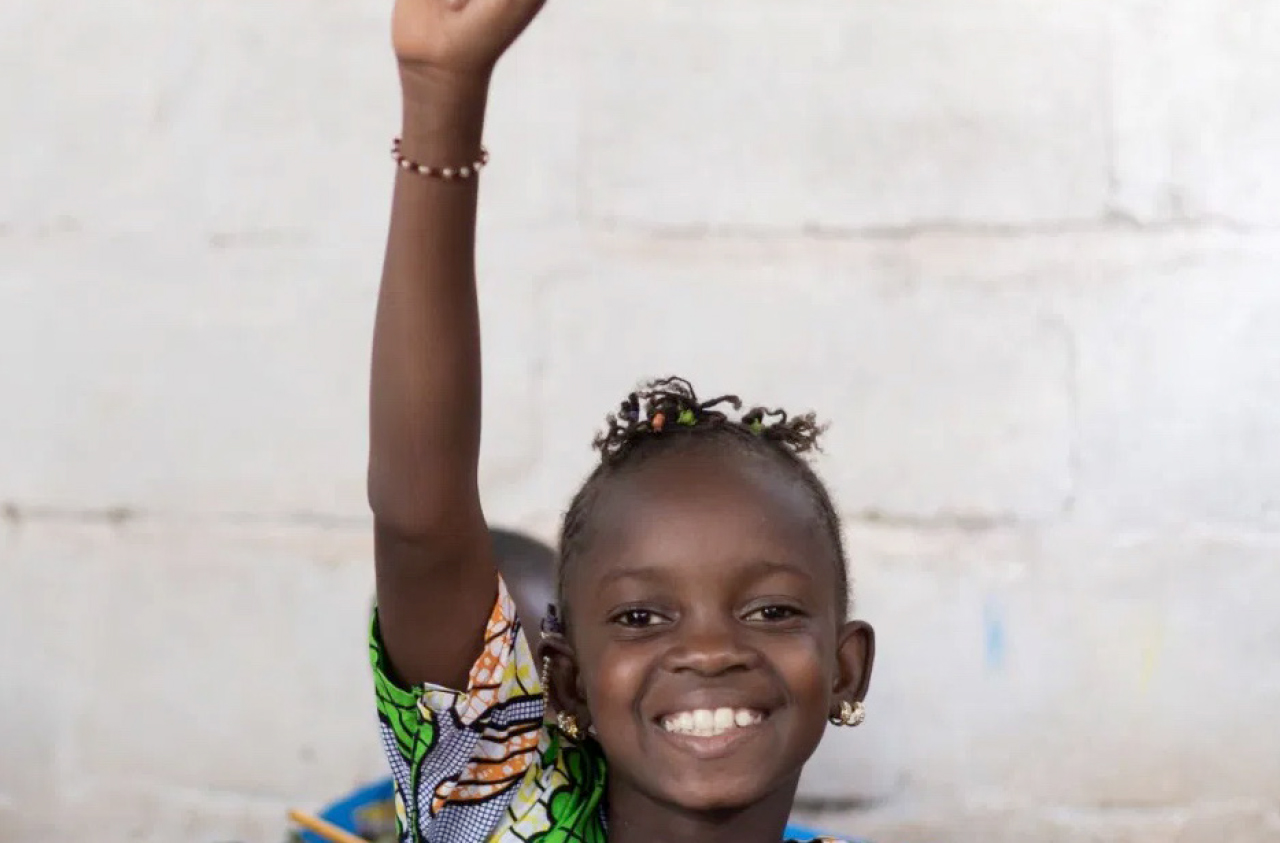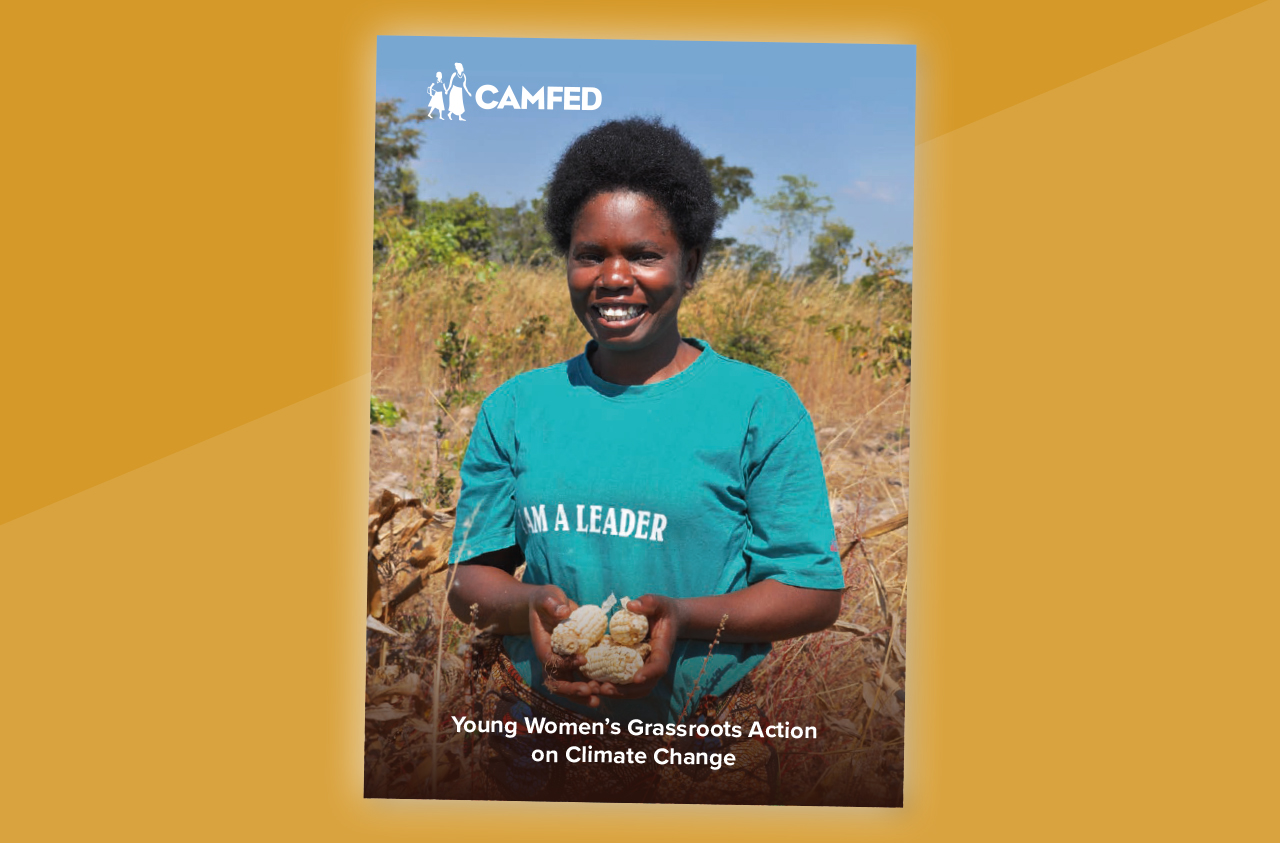Climate change is not a distant threat; its effects are touching lives all around the world. Unpredictable weather patterns, devastating floods, and crippling droughts are not only reducing farm yields but also jeopardizing family incomes. When families lose their livelihoods due to crop failures or the inability to access markets, it triggers a cycle of hunger and desperation.
In this scenario, it’s young girls who bear the brunt. They are often the first to leave school, taking on household responsibilities, marrying early for perceived security, or helping to provide for their families. This results in a lost generation of young women, facing increased vulnerability to abuse and health issues, and lacking the skills and resources to build a brighter future.
Research shows that girls and women who are denied access to education are at a higher risk of injury or death during climate disasters. For women engaged in farming or rural businesses, the challenges of climate change compound existing resource and productivity gaps they already face.
The Campaign for Female Education (CAMFED) is working to change this narrative.
Girls’ education is the starting point for securing the rights of women and girls globally. Educating girls unlocks women’s leadership for effective, concrete climate action, and helps build more resilient communities that are equipped to tackle the effects of climate change.
